The sea has always been a source of both wonder and terror, a vast expanse that inspires awe and fear in equal measure. Few literary works capture this duality as powerfully as Herman Melville's Moby-Dick, a novel that transcends its time to become a timeless exploration of obsession, vengeance, and the unforgiving nature of the ocean. At its core, the story of Captain Ahab and his relentless pursuit of the white whale is not just a tale of man versus beast—it is a profound meditation on how hatred can consume the human soul, turning the sea itself into a mirror of our darkest impulses.
Melville’s masterpiece is often read as an allegory for the futility of human ambition, but beneath that interpretation lies a more unsettling truth: the ocean in Moby-Dick is not merely a setting—it is an active participant in the narrative, a force that reflects and amplifies Ahab’s all-consuming rage. The whale, in this sense, becomes more than an animal; it is the physical manifestation of the sea’s indifference, a living symbol of everything Ahab despises. The ocean does not care for human suffering, and neither does the whale. This indifference is what fuels Ahab’s madness, transforming his quest into something far more sinister than a simple hunt.
What makes Ahab’s obsession so compelling is its universality. His hatred is not just directed at the whale but at the entire natural world, which he sees as an adversary to be conquered. The sea, with its storms and depths, becomes a battleground for his ego. In one of the novel’s most haunting passages, Ahab declares, "All visible objects, man, are but as pasteboard masks." To him, the whale is not just a creature but a mask hiding some greater, malevolent truth—one he is determined to uncover, even if it costs him everything. This delusion is what drives him forward, turning what could have been a routine whaling expedition into a descent into self-destruction.
The relationship between Ahab and the sea is one of mutual hostility. The ocean, in its vastness, refuses to yield to human understanding, much like the whale refuses to be caught. This refusal is what makes the sea such a potent symbol of hatred in the novel. It is not just an environment but an entity that resists, that fights back. The more Ahab pursues his quarry, the more the sea seems to conspire against him, as if it were an extension of the whale’s will. Storms rise, ships are lost, and men die—all while the white whale remains just out of reach, a ghostly presence that mocks Ahab’s efforts.
Melville’s portrayal of the ocean is not romanticized; it is brutal and unrelenting. The sailors in Moby-Dick do not speak of the sea with reverence but with a mixture of fear and resignation. They understand its power, its capacity for cruelty. In this way, the novel subverts the traditional maritime narrative, which often glorifies the sea as a realm of adventure and discovery. Instead, Melville presents it as a place of suffering, where human ambition is met with indifference or outright hostility. The sea does not care for heroes or villains—it simply is, and its existence is a constant reminder of humanity’s insignificance.
Ahab’s hatred, then, is not just personal but existential. He rages against the sea because it represents everything he cannot control, everything that refuses to submit to his will. His obsession with the whale is, in essence, an obsession with asserting dominance over a world that refuses to acknowledge him. This is why his quest is doomed from the start: the sea cannot be conquered, just as hatred cannot be satisfied. It only grows, consuming everything in its path until there is nothing left.
In the end, Moby-Dick is not just a story about a man and a whale. It is a story about the ocean as a living, breathing entity—one that reflects the darkest corners of the human psyche. Ahab’s hatred is the hatred of a man who has stared into the abyss and seen himself staring back. The sea, in all its vastness, becomes the canvas upon which his madness is painted, a reminder that some obsessions are too vast to escape. And like the ocean itself, they swallow us whole.

By /Jul 24, 2025

By /Jul 24, 2025

By /Jul 24, 2025

By /Jul 24, 2025

By /Jul 24, 2025

By /Jul 24, 2025
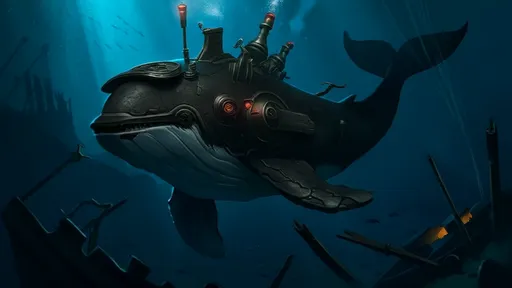
By /Jul 24, 2025

By /Jul 24, 2025

By /Jul 24, 2025
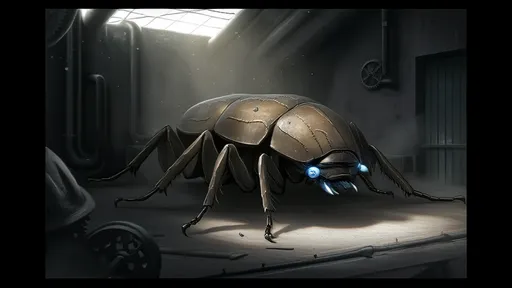
By /Jul 24, 2025
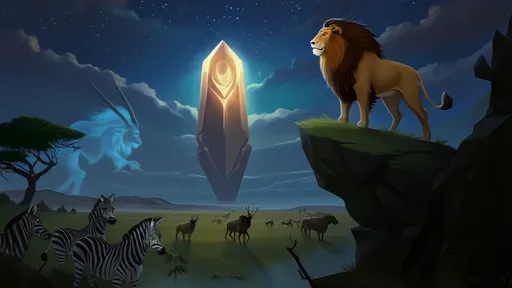
By /Jul 24, 2025

By /Jul 24, 2025
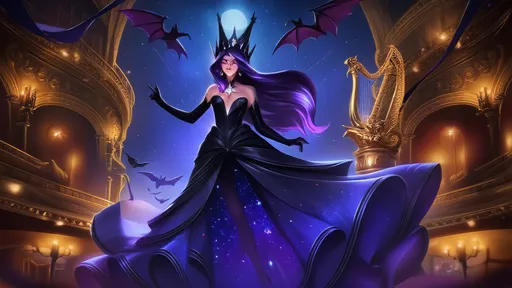
By /Jul 24, 2025

By /Jul 24, 2025
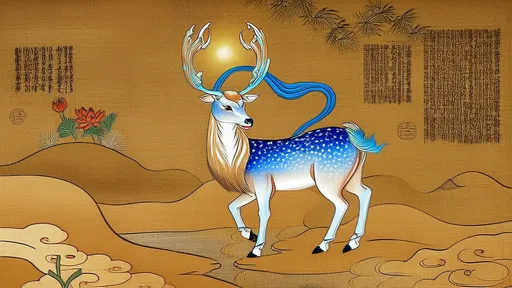
By /Jul 24, 2025
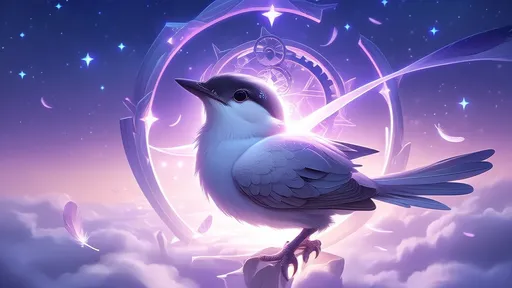
By /Jul 24, 2025
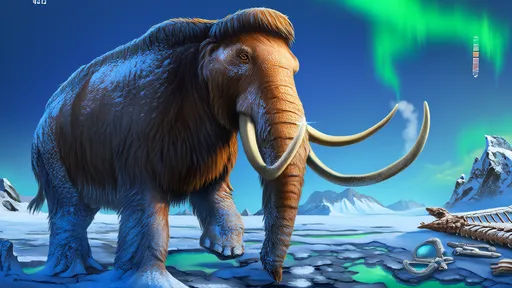
By /Jul 24, 2025
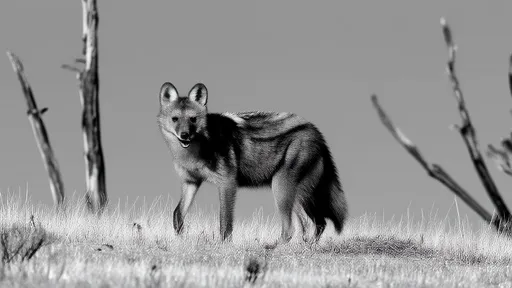
By /Jul 24, 2025